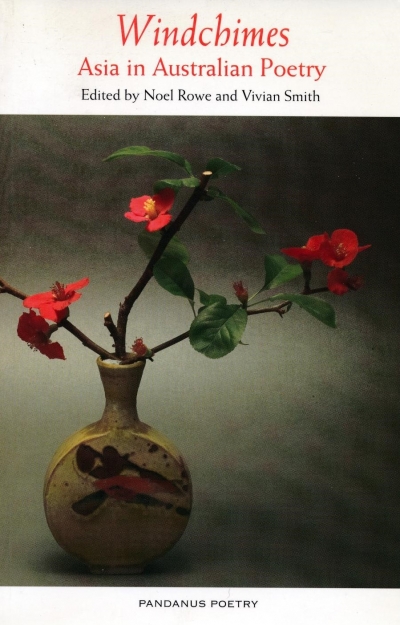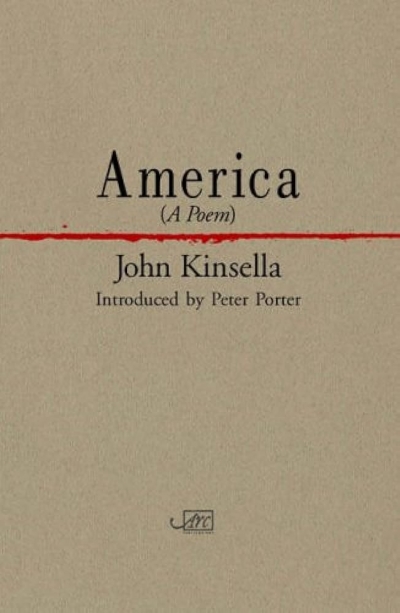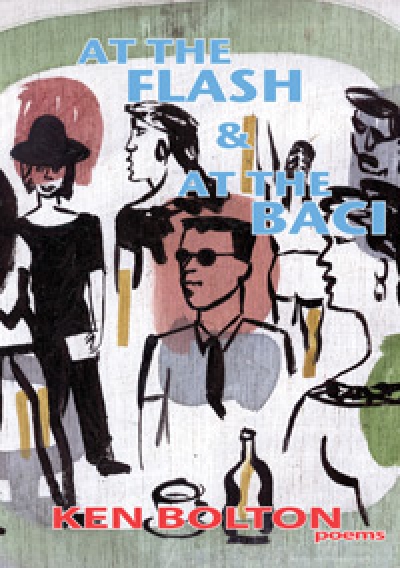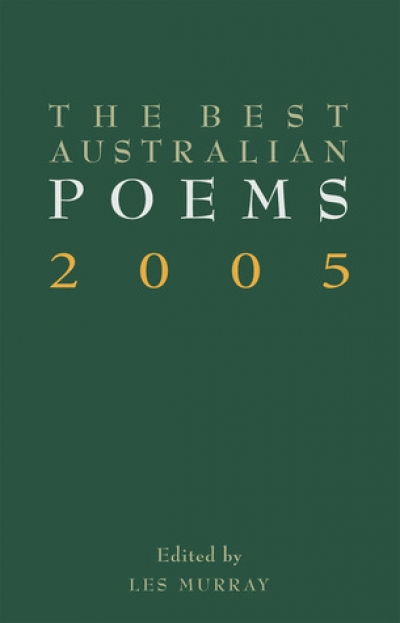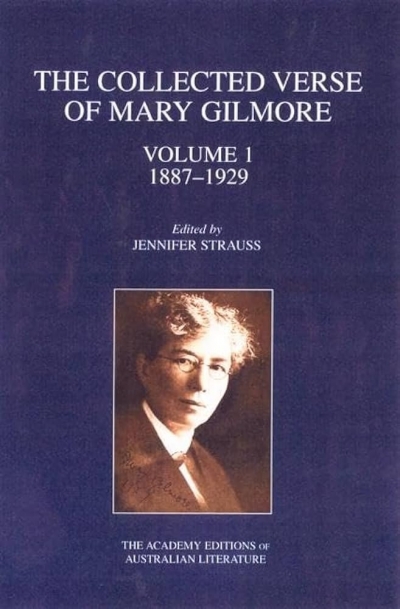Australian Poetry
Windchimes: Asia in Australian Poetry edited by Noel Rowe and Vivian Smith
You set down orange, with a dab of blue
and this grows into art
of a non-offender’s kind,
innocent as a fart in the footy crowd.
Meanwhile, the killing stumbles on
The Collected Verse Of Mary Gilmore: Volume 1 1887–1929 edited by Jennifer Strauss
Being from a young nation you find that dawn beguiles you
onto the exhausted saltmarsh,
miles of morose vacuity clad
in couch grass, cottonweed, random puddles, wire
and the odd, triumphant
flourish of pampas grass
featherily trying to tell dead factories,
Look here,
something fans, even at the far edge of Europe
where large gulls crowd and abruptly dip, although
the fish have all gone home to bed.
... (read more)
Well, it’s been waiting all these years, like a poem
asleep in the word-hoard, its prince to come,
kiss at the ready, and bloom it forth to the world:
or like a kouros, hauled with pain
from the gnarling waters, smiling gaze intact,
its maker long put out to sea:
or like that ‘orient and immortal wheat’ that waved
before Traherne, a child bereft,
and set him claiming Paradise again:
yes, it’s here for the restless heart –
The American Express Gold Card Dress – and all
may now be well at last.
... (read more)
